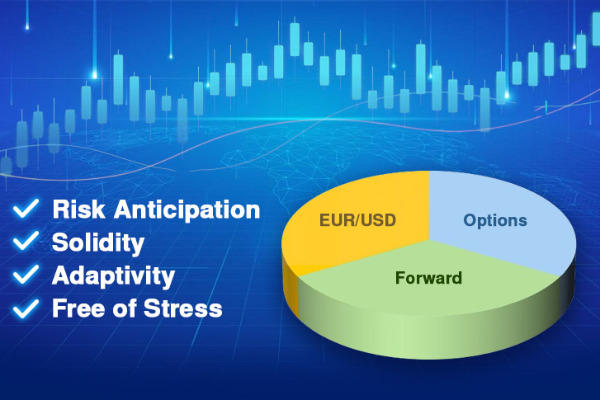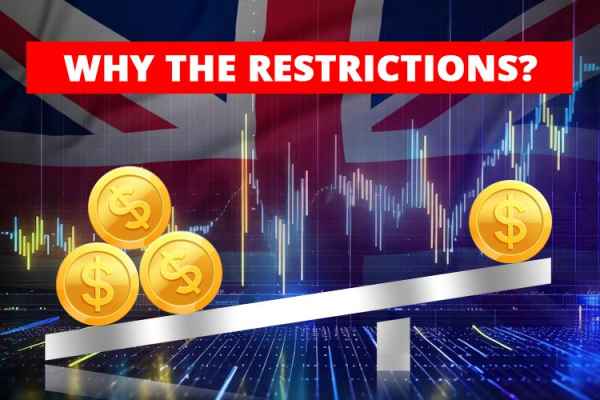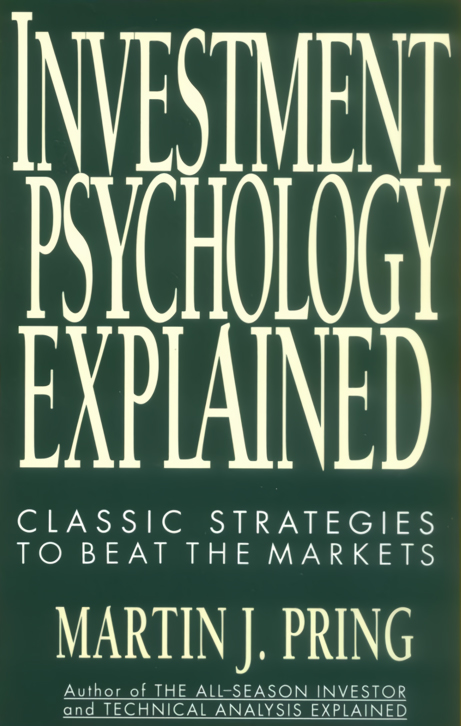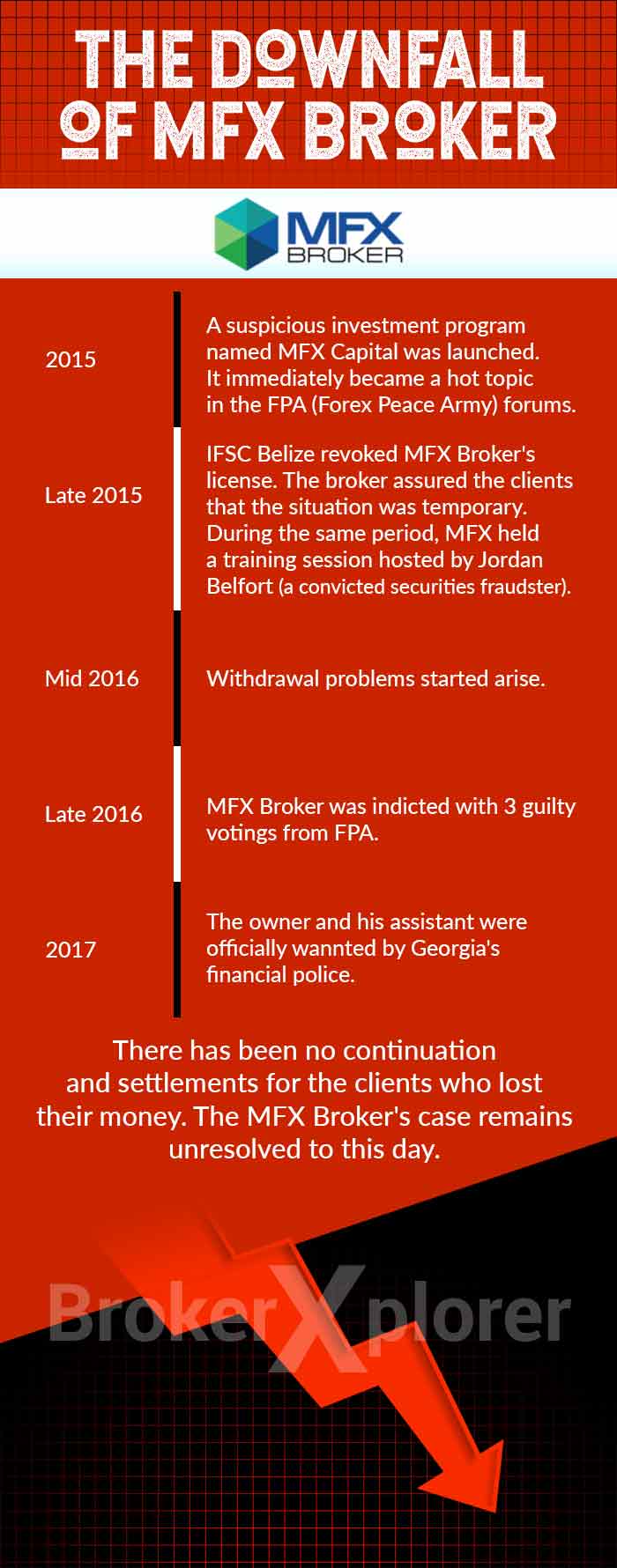Here is how BREXIT impact regulatory environment for UK forex market and trading industry.
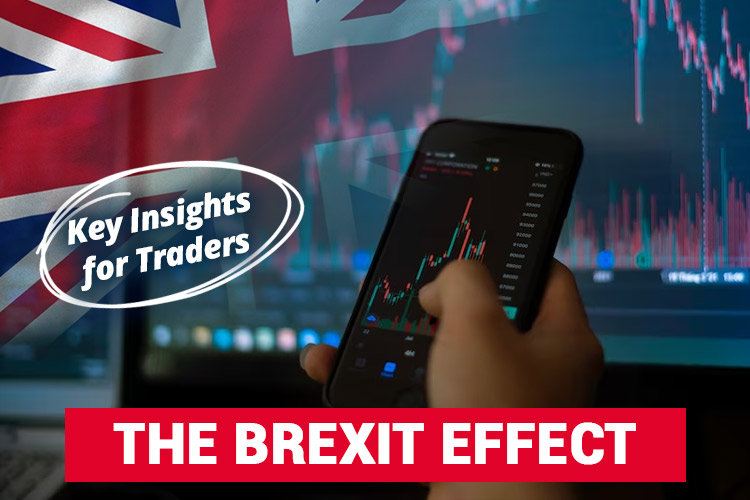
BREXIT, or "British Exit", is the term used to describe the United Kingdom's decision to exit the European Union. Based on a vote in 2016, the UK gradually separated themselves from the EU in various aspects.
The high-impact event also has a significant and long-lasting effect on forex trading in the UK. It has triggered fluctuations in currency prices, then affected the regulatory environment for cross-border payments, financial institutions, and more.
BREXIT Impact on Currency Fluctuations
Shortly after the BREXIT referendum and other significant events, currency pairs like EUR/GBP and GBP/USD saw previously unheard-of volatility. Individuals who were quick to adapt earned substantial financial gains, while those who struggled to adapt incurred large losses.
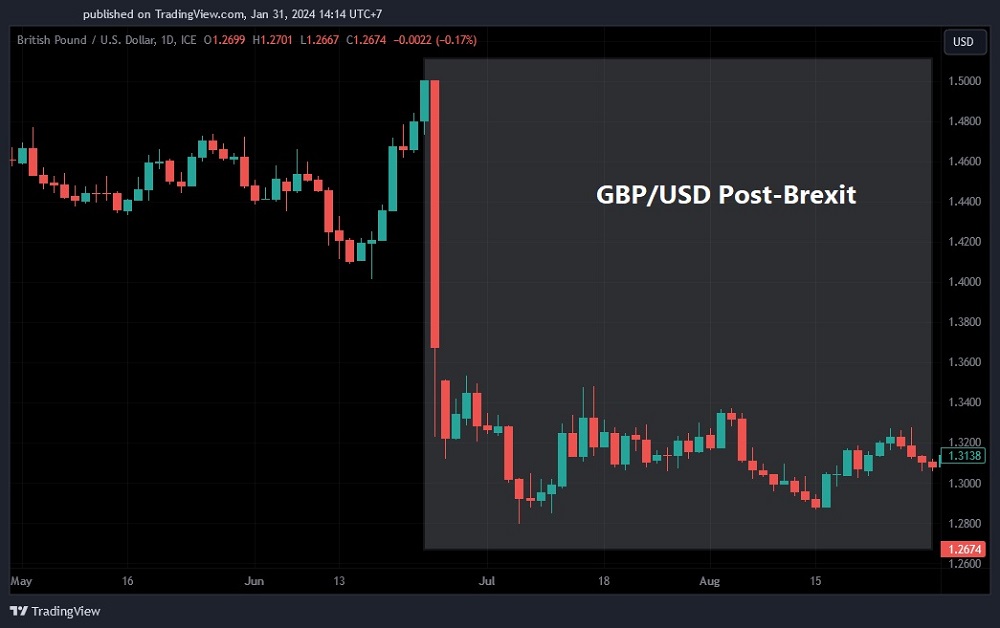
It occurred across all sectors, both directly and indirectly related to the UK's relation with EU countries. Several conventional businesses failed because, up until that particular moment, they did not think the UK would truly exit the EU. Fortunately, financial companies (including forex brokers) generally adjusted well to the changes because most impacts were anticipated months prior to the event.
Some savvy forex brokers have even taken advantage of the uncertainty surrounding the next round of Brexit negotiations. They would have webinars and seminars on how BREXIT would affect forex trading in the UK. They also gained considerable profits from currency fluctuations due to the same issue for years to come.
BREXIT Impact on the Financial Industry
The post-BREXIT UK was free to create its own regulatory framework because it was no longer subject to the EU's financial restrictions. This regulatory discrepancy affects forex traders and brokers alike in terms of legal compliance and market access.
The EU's single market and customs union facilitated frictionless trade in various sectors, including financial. As such, BREXIT imposed new barriers and changed the dynamics of the UK financial industry.
For example, the EU's ESMA passport would only be applicable to forex brokers who seek to operate in the EU. To legally conduct business in the UK, all forex brokers with EU licenses have to obtain authorization from the FCA (which was unnecessary prior to BREXIT). Certain forex brokers dismissed it, most likely because they didn't want to occupy the UK market. However, it is evident that brokers with a sizeable UK clientele must apply specifically for FCA licenses.
On the other hand, the FCA, as a UK financial market watchdog, tightened the rules for the UK market. Part of it is to give UK traders better protection. They should also fix the vulnerabilities that were previously covered by ESMA regulations.
Subsequently, the FCA implemented several noteworthy limitations on CFDs, leverage, and bonuses. Including, but not limited to:
- First, all firms must provide a risk warning on trading CFDs and visibly display the firm's average client profit-loss performance.
- Second, all firms are prohibited from offering bonus promotions to attract new clients.
- Third, all firms must lower leverage limits for UK traders. The highest leverage available to traders with less than a year of active trading experience is 25:1, whereas the maximum leverage available to traders who can prove their trading expertise is 50:1.
The UK forex brokers responded well to the changes. Since then, we have seen many ads for FCA-licensed forex brokers that display increasingly transparent risk disclosure. For example, Pepperstone clearly mentioned on their homepage that "CFDs are complex instruments and come with a high risk of losing money rapidly due to leverage. 81.7% of retail investor accounts lose money when trading CFDs with this provider. You should consider whether you understand how CFDs work and whether you can afford to take the high risk of losing your money."
There are also many ways to circumvent the rules for forex brokers who don't intend to be stuck in the UK market. In particular, UK-based forex brokers who want to offer higher leverage would seek offshore licenses and assign any high-leveraged traders to their non-UK entities. We can see this development by looking at how many UK-licensed forex brokers have suddenly turned into multilicense brokers in recent years.

 Dedicated FREE FOREX VPS
Dedicated FREE FOREX VPS Free FOREX Virtual Private Server
Free FOREX Virtual Private Server MT4 Demo Contest, Get $500
MT4 Demo Contest, Get $500 Sign Up for an Account, Claim 60% Deposit Bonus
Sign Up for an Account, Claim 60% Deposit Bonus Free MT4/MT5 VPS 2024
Free MT4/MT5 VPS 2024 Send E-mail and Get Free Merchandise
Send E-mail and Get Free Merchandise $1K Refer a Friend Bonus for Pepperstone Pro clients
$1K Refer a Friend Bonus for Pepperstone Pro clients Maximize Your Earnings with 100% Deposit bonus
Maximize Your Earnings with 100% Deposit bonus Trade to Win, $5,000 Monthly Demo Contest
Trade to Win, $5,000 Monthly Demo Contest Claim 30% + 15% Deposit Bonus from LiteFinance
Claim 30% + 15% Deposit Bonus from LiteFinance



